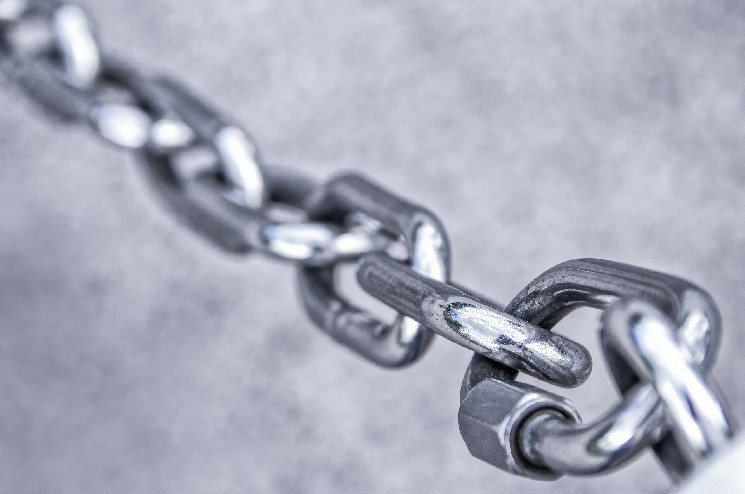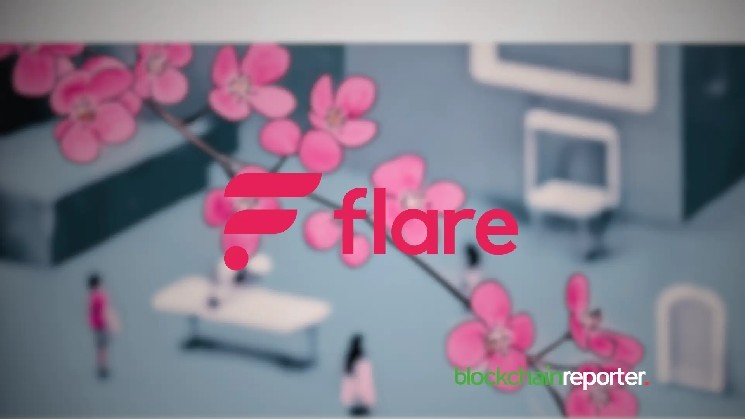
Zero-Knowledge Proofs: Ensuring Privacy on Blockchains
82
Zero-Knowledge Proofs (ZKPs) are protocols that are used to prove the validity of statements on blockchains without revealing any private information that could compromise privacy. They allow users to verify transactions without disclosing specific details of the transaction.
In a Zero-Knowledge Proof, the party making the claim (prover) is responsible for proving its validity, while the other party (verifier) validates the claim. These protocols confirm on the blockchain that the hidden information is indeed valid, providing a high level of certainty for the prover.
Personally identifiable information (PII) can pose risks, such as identity theft or reputational damage, if it falls into the wrong hands. Zero-knowledge proofs ensure the protection of PII.
Imagine a situation where you need to prove your identity to complete a transaction. Typically, you would have to provide documents like a driver`s license and other personal information. However, once you share this information with a third party, you have no control over its safety. Hackers could target the third party`s database, or the third party itself might misuse your information for targeted advertising.
With zero-knowledge proofs, you can avoid sharing this sensitive information while still proving its validity.
Zero-knowledge proofs work using algorithms that process input data and validate its truthfulness. Many projects, such as StarkNet on Ethereum and Polygon Zero, are currently using these protocols.
To be efficient, zero-knowledge proofs must satisfy three criteria:
- Zero-knowledge: The verifier cannot access the original input. They can only verify the validity of the statement.
- Soundness: The protocol should not validate an invalid input as true. There must be safeguards to prevent the prover from manipulating the verifier into accepting false statements.
- Completeness: If the input is valid, the protocol should always validate the statement. If both parties act honestly and the information is true, the proof should be accepted.
A basic zero-knowledge proof consists of three elements:
- The witness, which is the secret information. The prover asks questions that only someone who knows the information would be able to answer.
- The challenge, where the verifier selects a question from the set for the prover to answer.
- The response, where the prover answers the question. The verifier uses the response to confirm that the prover has access to the witness. The verifier can then select more questions from the set, reducing the chance of the prover faking knowledge of the information.
There are two types of zero-knowledge proofs: interactive and non-interactive.
Interactive zero-knowledge proofs involve back-and-forth communication between the two parties to ensure the verifier is satisfied with the validity of the statement.
Non-interactive zero-knowledge proofs, on the other hand, involve only one communication round. The prover shares the information with an algorithm that computes the zero-knowledge proof. The verifier then uses another algorithm to confirm the prover`s knowledge.
Non-interactive zero-knowledge proofs have gained popularity due to their convenience. Some examples of non-interactive zero-knowledge proofs include:
- ZK-SNARKs (Zero-Knowledge Succinct Non-Interactive Argument of Knowledge): These protocols use elliptical curves to generate cryptographic proofs efficiently.
- ZK-STARKs (Zero-Knowledge Scalable Transparent Argument of Knowledge): They are fast due to minimal interaction between the parties involved.
- Bulletproofs: These proofs don`t require a trusted setup and enable private cryptocurrency transactions.
- PLONK (Permutations over Lagrange bases for Oecumenical Non-interactive arguments of Knowledge): PLONKs allow a large number of participants with the use of a universal trusted setup.
There are several reasons why we need zero-knowledge proofs:
- Security and privacy: While Web3 provides pseudonymity, transaction history is still publicly available on blockchains. Zero-knowledge proofs allow information verification without revealing personally identifiable information, ensuring anonymity.
- Identity verification: Proving identity doesn`t have to involve sharing sensitive information. With zero-knowledge proofs, identity verification can be done privately and securely.
- Scalability: By verifying transactions without revealing underlying data, blockchain networks become more efficient as the information stored on the blockchain decreases significantly.
- Compliance: Organizations can comply with regulatory requirements like KYC and anti-money laundering without storing users` personal information on centralized databases, thanks to zero-knowledge proofs.
Zero-knowledge proofs are a crucial tool in cryptography that provides authentication to unidentified or untrusted parties. In Web3, where pseudonymity is prevalent, zero-knowledge proofs address the challenge of information verification through revolutionary protocols that ensure fast and secure transactions.

Flare Network досягає 43,000 власників токенів завдяки партнерству з Telegram та інституційному інтересу до XRPFi
Flare Network досягла 43,000 власників токенів FLR через партнерство з Telegram, відкриваючи доступ до 100 млн користувачів. Інститутіональні інвестиції та нові технології зміцнюють екосистему DeFi. 🚀💰📈

CLS Global і Boosty Labs обєднують зусилля для розвитку Web3 проектів
CLS Global та Boosty Labs обєднують зусилля для посилення проектів Web3, пропонуючи ліквідність і технічні інновації. Співпраця покращить безпеку та масштабованість, сприяючи розвитку цифрових послуг. 🤝🦈⚡️

Банк Аджман в ОАЕ переходить до токенізації активів за принципами шаріату з Fasset
Банк Аджман інтегрує токенізацію активів відповідно до принципів шаріату з Fasset, пропонуючи нові цифрові послуги для клієнтів в ОАЕ та за кордоном. 🏦💰🌍

Партнерство Ultiland та TradeTalent: революція у світі креативності з використанням Web3 та штучного інтелекту
🤝 Ultiland та TradeTalent об’єднують зусилля для інтеграції AI у Web3, токенізуючи інтелектуальну власність та створюючи децентралізовану екосистему. 🎨💡 Це революційний крок для креативної економіки! 🚀